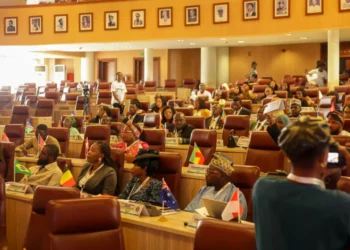A dispute between Somalia and Ethiopia has continued to heat up the region and has boiled over in recent months. The crisis, now in a deepening state, was first fueled by a controversial agreement between Ethiopia and Somaliland.
Somalia took a hard stance against Ethiopia on April 4th, ordering the Ethiopian ambassador out within three days and shuttering Ethiopian consulates in two Somali regions. Additionally, Somalia called back its own ambassador from Ethiopia for consultations.
The move came after months of tensions sparked by a deal signed in January. Ethiopia had earlier agreed to a memorandum of understanding with Somaliland, a breakaway region that Somalia considers part of its territory.
It was a quid pro quo, as the Somaliland-Ethiopia agreement would grant Ethiopia access to the sea through Somaliland, potentially in exchange for recognition of Somaliland’s independence. According to Mogadishu, the deal was a blatant violation of its sovereignty and an attempt by Ethiopia to ignite political tension in the country.
In a swift response to the deal, the president of Somalia, Hassan Sheikh Mohamud, signed a law into effect in a bid to invalidate the agreement signed between the two countries considered to have intentionally brewing political tensions in the country and the region.
Further straining relations, an incident occurred during the recent African Union summit. Somalia’s president alleged Ethiopian security forces tried to prevent him from attending. Additionally, Ethiopia held talks with a delegation from Puntland, another semi-autonomous Somali region, without involving the central Somali government. This move angered Somalia, as Puntland itself is currently at odds with the federal government.
Despite these tensions, both Somalia and Ethiopia are currently working together to combat the Islamist insurgency group Al-Shabab through a joint African Union peacekeeping mission known as the African Union Transition Mission in Somalia (ATMIS).
However, the ATMIS is set to see a gradual withdrawal of troops by the end of 2024.









